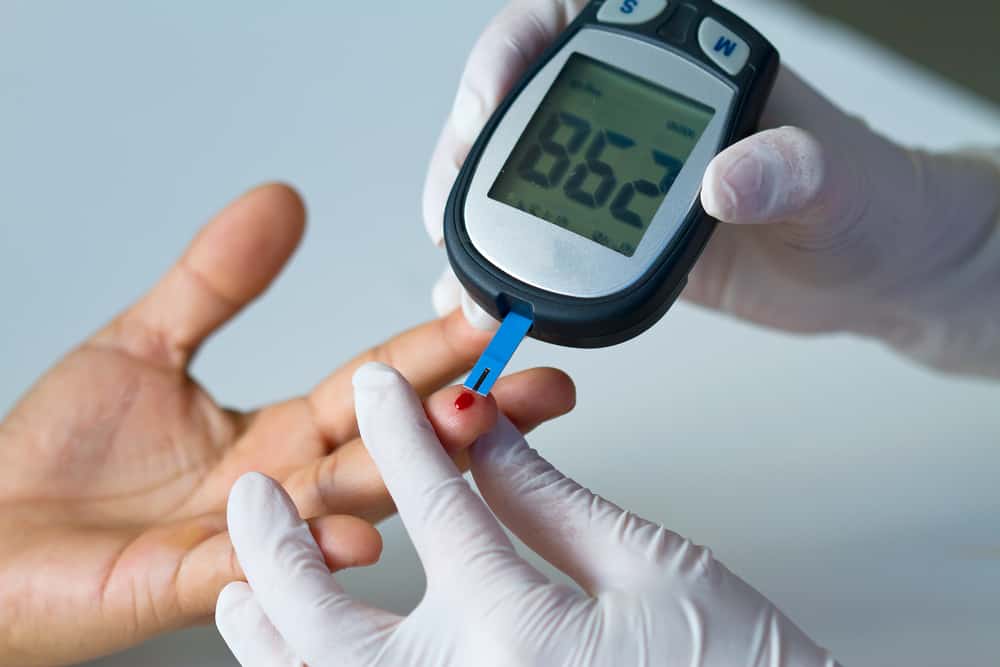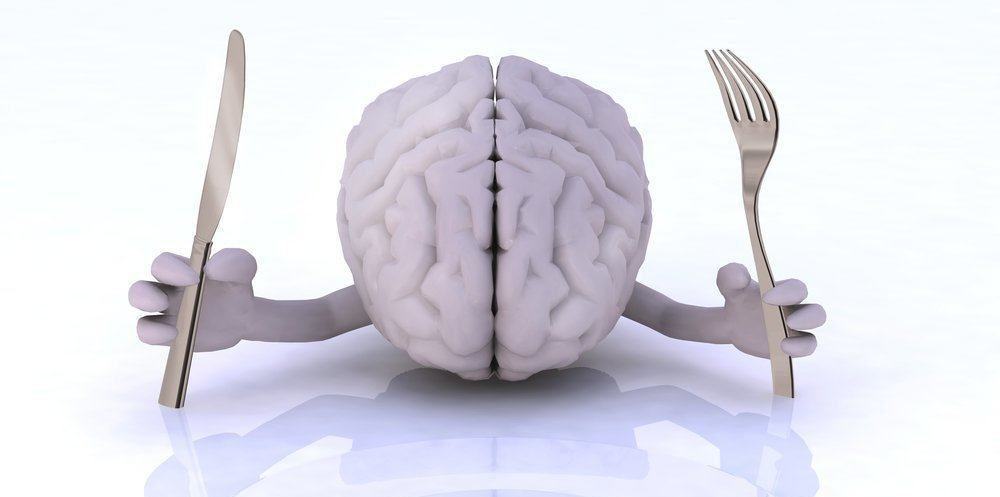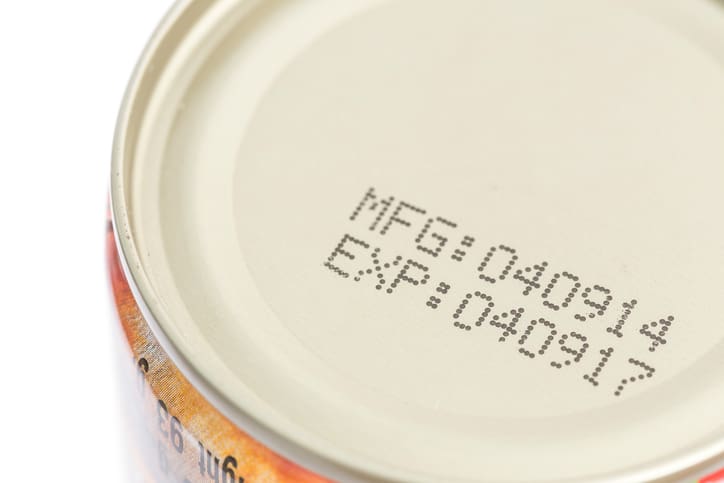Contents:
- Medical Video: Diabetes & Heart Disease
- What is hyperglycemia?
- What are the complications of hyperglycemia that can occur in the long term?
- More severe complications of hyperglycemia that can cause death
- 1. Diabetic ketoacidosis
- 2. Nonketotic hyperglycemic hyperosmolar syndrome
Medical Video: Diabetes & Heart Disease
Hyperglycemia is a condition in which high blood sugar levels in the body. This condition occurs when the body does not have enough insulin or results insulin resistance, namely the hormone released by the pancreas. People who experience hyperglycemia, usually type 2 diabetics, can coma to death.
What is hyperglycemia?
Your blood sugar level is said to be too high if it exceeds 200 mg / dL. This blood sugar level that is too high is called hyperglycemia.
Diabetics can become hyperglycemic if they do not keep blood glucose levels under control (using insulin, drugs, and appropriate food planning). For example, if someone with type 1 diabetes does not consume enough insulin before meals, the glucose that their body produces from food can form in their blood and cause hyperglycemia.
Your endocrinologist will tell you your target blood glucose level. Your level may be different from what is usually considered normal because of age, pregnancy, or other factors.
What are the complications of hyperglycemia that can occur in the long term?
Untreated hyperglycemia can cause long-term complications. These complications include:
- Cardiovascular disease
- Nerve damage (neuropathy)
- Kidney damage (diabetic nephropathy) or kidney failure
- Damage to retinal blood vessels (diabetic retinopathy), which has the potential to cause blindness
- Eyepiece becomes cloudy (cataract)
- Foot problems caused by damaged nerves or poor blood flow that can cause serious infections and in some severe cases require amputation
- Skin problems, including bacterial infections, fungal infections and wounds that are difficult to heal
- Dental and gum infections
More severe complications of hyperglycemia that can cause death
1. Diabetic ketoacidosis
If you have type 1 diabetes, it is important to recognize and treat hyperglycemia because if not treated it can cause ketoacidosis. This condition occurs when you do not have enough insulin in your body.
When this happens, glucose cannot enter your cell to become energy. Your blood sugar level increases and your body starts breaking fat for energy. This process produces an acid known as a ketone. Body cells must use ketones as an energy source. Excessive ketones will accumulate blood and eventually merge with urine.
According to American Diabetes Association, ketoacidosis is more common in people with type 1 diabetes. It can also occur in type 2 diabetes but is rare. This can be serious if left untreated, can cause diabetic coma and even death.
Symptoms of ketoacidosis are similar to hyperglycemia, namely:
- High ketones in urine
- Hard to breathe
- Breath smells of fruit
- Dry mouth
In addition, abdominal pain, nausea, vomiting, and confusion can accompany ketoacidosis. If you have some of the following symptoms contact your doctor immediately to get appropriate medical care. It is best if you have diabetes, check the levels of ketones in your body regularly.
2. Nonketotic hyperglycemic hyperosmolar syndrome
Hyperglycemia can be severe in people with type 2 diabetes because it can have other complications, namely nonketotic hyperglycemic hyperosmolar syndrome. This condition occurs when people produce insulin, but it doesn't work properly. Blood glucose level can be very high which is greater than 600 mg / dL. Because insulin can be produced but it doesn't work properly, the body cannot use glucose or fat to become energy.
Your body then channels glucose into the urine, causing an increase in urination. If left untreated, diabetes hyperketmolar nonketotic hyperglycemic syndrome can cause life-threatening dehydration and coma. Medical treatment that is as fast as possible is very important to do.
To avoid nonketotic hyperglycemic hyperosmolar syndrome, you should keep a close watch on your blood glucose level. If you have difficulty keeping your blood sugar within the desired range, consult this with your doctor. The doctor will help you to make a better lifestyle change.
Symptoms that may appear are:
- Excessive thirst
- Excessive urination, especially at night
- Blurred vision
- Wounds are difficult to heal
- Fatigue












